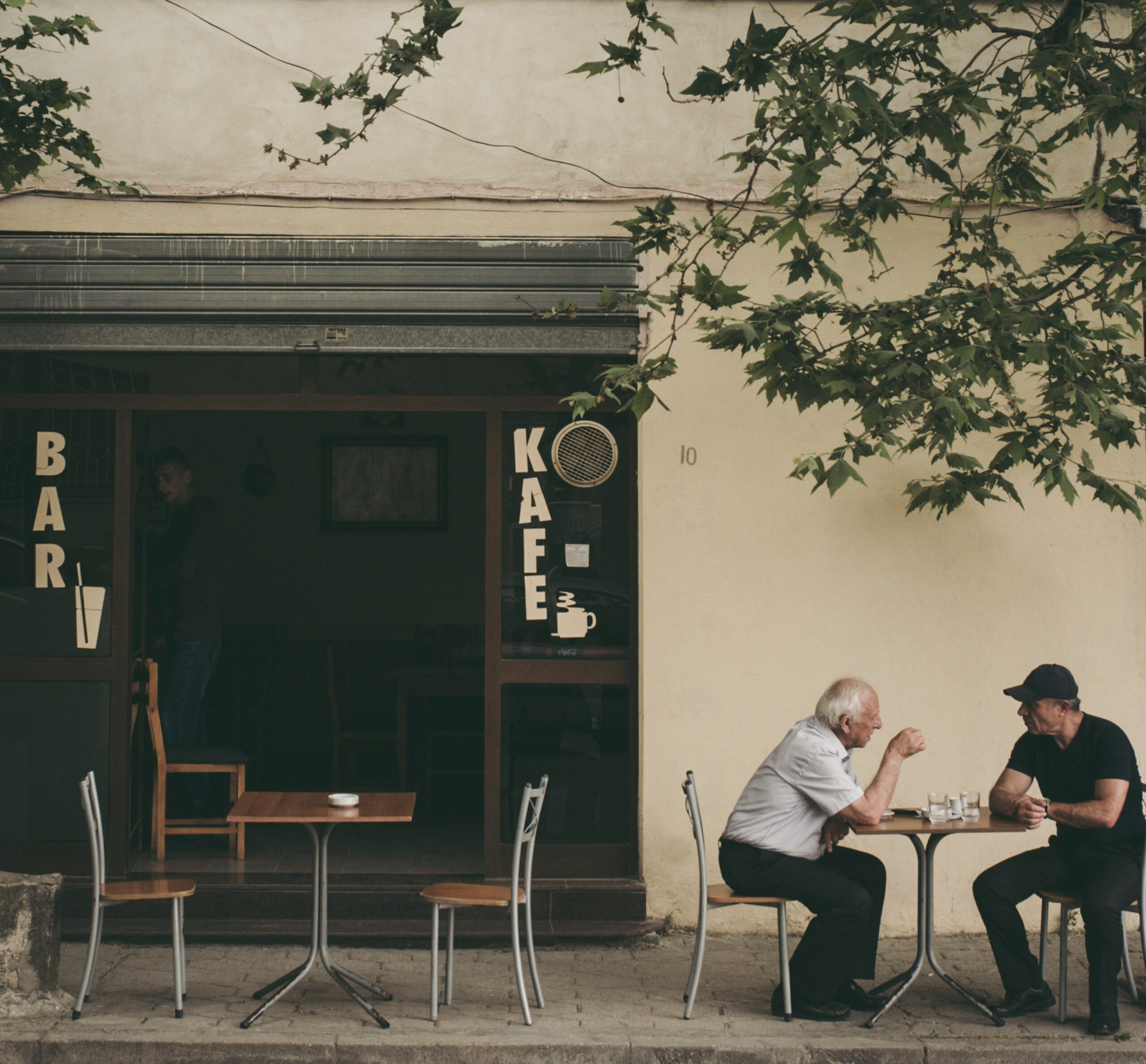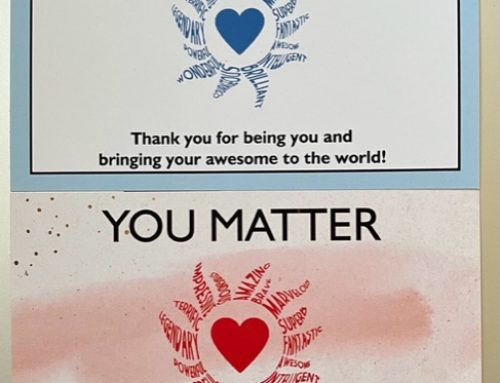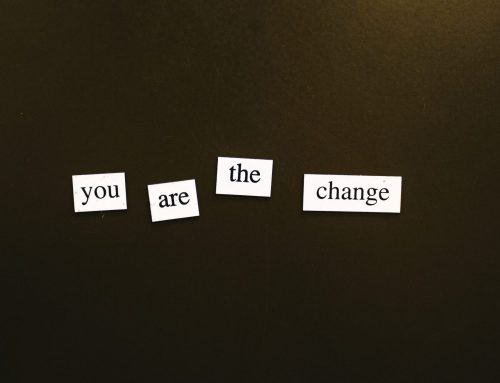Courageous conversations are those conversations where whatever two or more individuals are going to be talking through is about an uncomfortable topic, experience or feeling. It is one of those conversations where you want to put it off because it is unsettling. If you are on the receiving end of someone coming to talk through something with you it gets you all unsettled in your belly, aho I am feeling uncomfortable moment.
It is always a great day to look at courageous conversations
For many people the thought of having a courageous conversation is distressful. Sometimes a courageous conversation will happen at the moment some significant feelings are occurring. The moment is available and the people involved talk, listen, reflect, listen, talk, and reflect. I see these moments as an opportunity to talk through something where there is intensity of emotion and intensity of different thoughts and belief’s. The hope is that at the end of this conversation the parties involved might better understand each other, come to a compromise, or an agree to disagree in a peaceful manner. The emotions and parties involved get stuck in a cycle of conversation conflict. The conversation blows up and needs to happen at another time. Sometimes a neutral party needs to help facilitate having a conversation.
Another kind of courageous conversation is when one person (sometimes more) feel compelled to talk a matter of importance through with one or more people. It is not usually a spontaneous conversation. It is a planned, hopefully thought out, sometimes written out with talking points conversation.
“The real art of conversation is not only to say the right thing at the right place but to leave unsaid the wrong thing at the tempting moment” Dorothy Nevill
So what makes a courageous conversation different than any other conversation? It is that whatever is being talked through is about something that is upsetting you and speaking up about it requires courage and doing something that causes you fear. What makes you fearful could be that you avoid any conflict or speaking up for yourself with pretty much everyone, that the person or persons you will need to talk to are people that for one reason or the other you feel intimidated by.
I used to have great skill at avoiding courageous conversations with pretty much everyone I could. Even though I had feelings there were bothersome to me instead of talking things through and expressing my feelings I would keep things to myself, perhaps vent too much to others around me, and stay stuck in my feelings. This was NEVER good for me. I felt diminished and defeated because I let me fear and insecurities get the best of me. I did not let anyone know when they had said or done something upsetting to me. Other times I did not verbally take a stand against something that was totally against what I believed in for myself or how others should be treated. Could I have continued my life in that way? Yep. We never have to change. One day I got sick of myself and what I was keeping inside, so I decided to change for me. It was scary, uncomfortable, and unsettling. Despite those feelings having courageous conversations felt better as I was taking an action in expressing my thoughts and feelings in a proactive, empowered way.
So here are a few of my personal courageous conversations tips:
- If there is a feeling about something another person said or did AND it keeps haunting you take an action. You will not melt, dissolve or be less than for doing something about how you are feeling.
- Writing out my feelings and thoughts BEFORE a courageous conversation.
- Recognizing that this conversation is an EXCHANGE . It is NOT about me talking at someone. It is about me sharing my feelings and listening to what other people are expressing as well. I ask questions so I can make sure I understand where they are coming from.
- For courageous conversations that do not occur in the moment I give the other person a heads up that I want to talk and see when the time is good for both of us. I have been mentally preparing for this conversation. Giving the other person mental preparation time helps them to come to the courageous conversation in a better headspace.
- Using all courageous conversations as an OPPORTUNITY to come to a better understanding of someone else and how they see the world. It does not mean I endorse their belief’s, value’s, or decisions. It does present me with an opportunity to learn more about someone. I can grow as a person. Perhaps the other person will grow from their interaction with me🤔
- To have the EXPECTATION that this is a conversation. It does not mean everybody will do things my way or think and feel in the same manner as me (even though I have GREAT thoughts and feelings). Even though there are belief’s and value’s that other people hold that I GREATLY disagree with, everyone has the right their own beliefs. There is a wonderful TED talk called “10 ways to have a better conversation: by Celeste Headlee. The link is at the bottom. I suggest watching it😊
- If my feelings are super strong and I am feeling too emotional I take a step back. Breath, think things through, vent out my initial strong feelings before the conversation or keep them as my THINKING THOUGHTS not SPEAKING THOUGHTS.
- Use I statements, reflect back what I am hearing, as for clarification. LISTEN.
- Pat yourself on the back for taking action on something that is difficult for you!
So most treasured person if you are feeling that there is a courageous conversation you need to have, have it. You deserve to create the opportunity to talk through something that is of value to you. Your feelings matter because you matter⭐️
May your courageous conversations be with you💜
Photo by Juri Gianfrancesco on Unsplash







